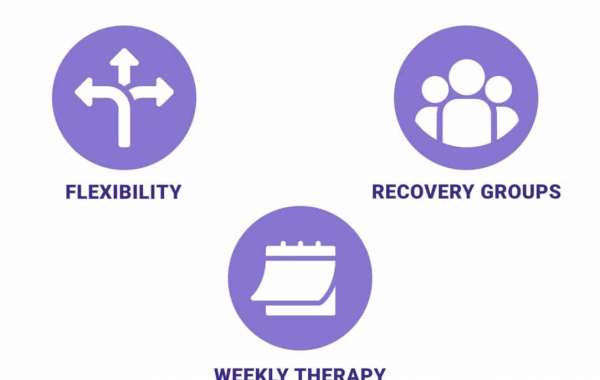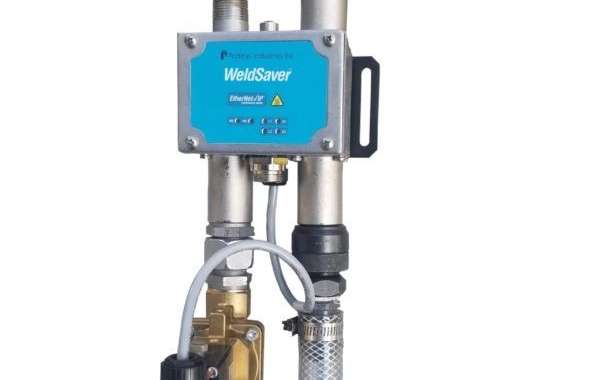PHP and IOP treatment are two forms of outpatient treatment. PHP treatment programs have been grouped together with intensive outpatient programs (IOPs). PHP and IOP treatments are similar in that both involve outpatient visits and focus on treating a specific condition. Both involve the use of medication and may involve both outpatient and inpatient visits.
Partial hospitalization program (PHP)
IOP and PHP both provide treatment for mental health issues and are designed for patients who don't need 24-hour care. They are a step down from inpatient care and are typically comprised of six to eight sessions a week. They may include therapy, counseling, and meals. Although they're not as intensive as an inpatient stay, PHPs can be beneficial for those whose symptoms make a traditional inpatient setting unsuitable.
PHPs and IOPs can be very similar. However, PHPs require more time commitment than IOPs, with PHPs requiring up to five days of attendance at six to eight hours a day. While PHPs typically require more time than IOPs, they are both more intensive because they're designed for people with more serious addictions. PHPs may also require a greater amount of family involvement.
The primary difference between PHP and IOP is the level of care. PHPs typically involve daily visits to a treatment facility, while IOPs allow the patient to remain in his or her home. PHPs also provide a higher level of supervision than IOPs, and they're typically used after a patient completes residential or medically supervised detox.
Medically Assisted Therapy (MAT)
Medication-assisted treatment (MAT) is a proven method to treat substance abuse and addiction. It allows people who struggle with addiction to remain in treatment for a longer period of time. Traditional addiction treatment programs generally last 28 days or less and have been found to be ineffective in achieving true recovery. The goal of MAT is to slow the process of addiction down and gradually lead a patient to sobriety.
MAT works by blocking the euphoric effects of opioids, which leads to the user ceasing their use. It also suppresses the cravings that addicts have. These cravings can be overwhelming and prevent patients from focusing on their recovery. MAT can be performed on an inpatient basis or in an intensive outpatient setting with professional medical oversight.
MAT is becoming a popular treatment option for substance abuse treatment. It is increasingly being used to help people recover from addiction to opioids. Research shows that individuals who undergo this treatment are more likely to complete treatment, participate in support groups, and achieve long-term sobriety. Additionally, many MAT programs allow patients to continue their education or work while attending treatment. Because of their success rates, MAT is becoming an increasingly popular option for treatment.
Goals of treatment
PHP and IOP are both treatment options for substance use disorders. PHP provides a more intensive level of care than IOP and is usually more beneficial after an inpatient stay. Patients may choose to continue their treatment through PHP or IOP in addition to other outpatient services. PHP treatment usually lasts two to four weeks and takes place during the day. PHP requires a greater level of supervision and medication than IOP. It is also subject to insurance coverage limits.
PHP and IOP have different goals and approaches to treating addiction. PHP focuses on coping skills and community-based support. The former is typically a more structured program while PHP focuses on providing more privacy. Unlike PHP, IOP does not involve a long-term stay in a facility. It is also a hybrid of inpatient and outpatient care.
PHP treatment lasts about two weeks and is based on the needs of the patient. Both PHP and IOP programs teach coping skills and mindfulness techniques. Both are designed to help participants integrate new skills into their daily lives. Some clients start PHP treatment after completing the IOP program. However, clients who start treatment in IOP may not require medication management and may have a more intensive program.








